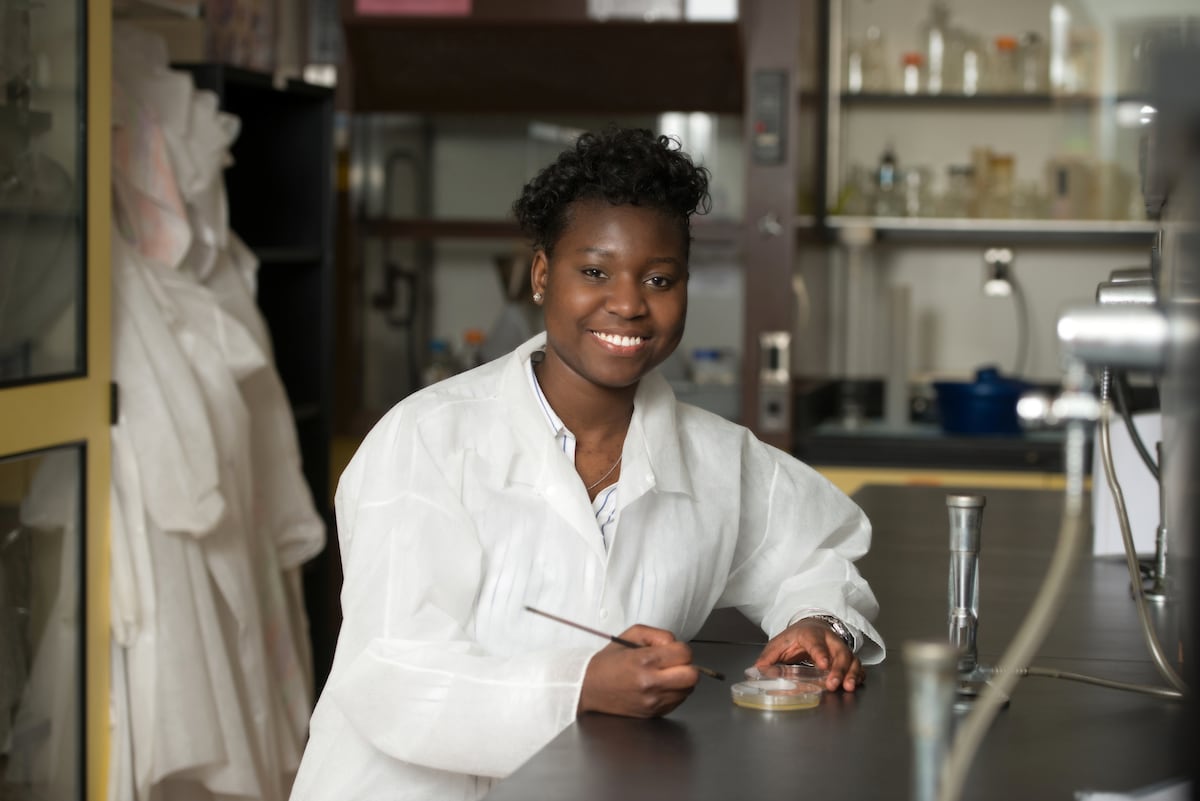The Department of Biology offers a wide variety of introductory and advanced laboratory and field courses. You can choose to develop a broad general background or specialize along a particular track. Want to work closely with faculty on independent research projects? You can! Want to train at a company and get college credit at the same time? You can! And our upper-level courses prepare you for graduate school, medical and professional schools, or applied careers in secondary education, government, or industry. Our students have gone on to careers in biotechnology, healthcare, education, and more.

What is a Biologist, and What Do They Do?
Biology is the scientific study of life, here on Earth and throughout the known universe. A biologist is not merely someone who knows a lot of facts about living things -- a biologist is a problem solver. Biologists can ask informed questions about biological phenomena, and then create and carry out well-constructed studies to test those questions. A biologist can analyze, interpret, and report new and existing data and then use this information to solve problems and answer questions about life and its effects. Biologists also find new ways to solve problems in fields such as medicine, agriculture, environmental management, biodiversity and conservation, fish and wildlife management, water management and pollution control, renewable resources, and human population growth. Over the past 20 years biologists have even begun to extend their studies to other worlds, searching for signs of life on Mars and the moons of Jupiter.
